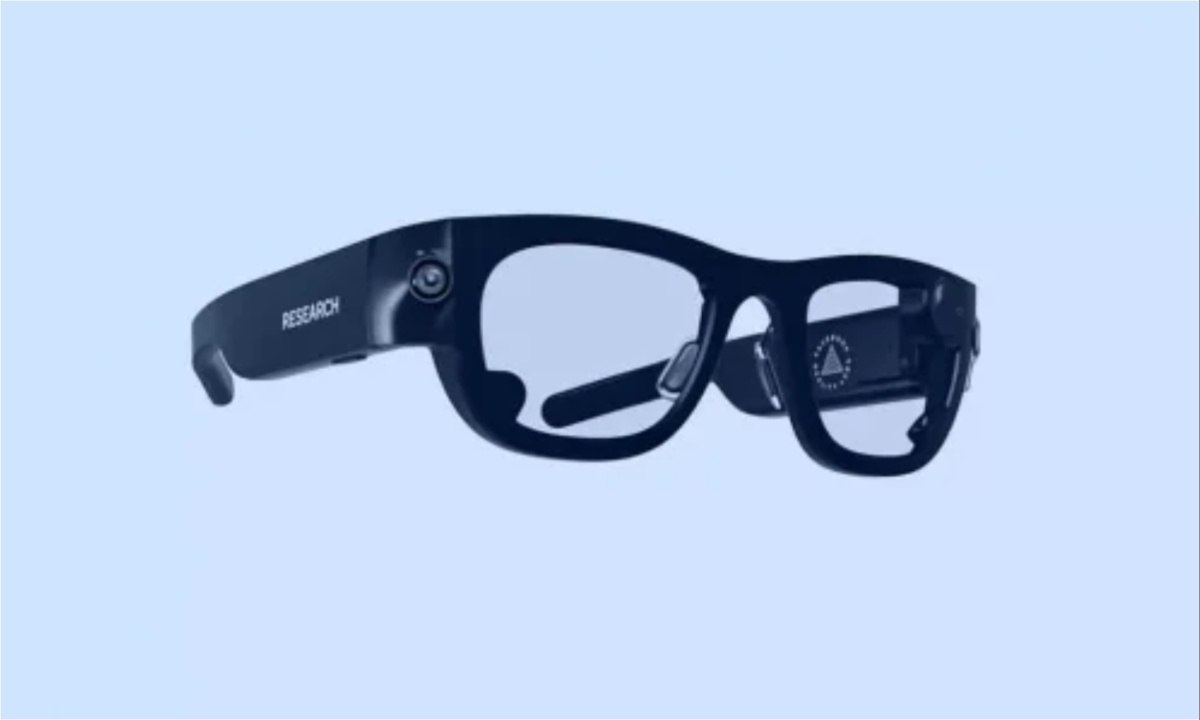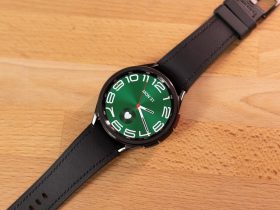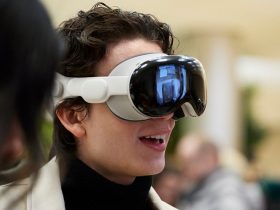As the era of AR glasses dawns, social media giants Meta and Snap are poised to reveal their latest AR frames, marking a significant step forward in augmented reality technology. Despite the initial failure of Google Glass a decade ago, the upcoming launches suggest that AR glasses are making a comeback, with advanced features that could redefine the space.
Meta and Snap are expected to showcase their new AR glasses at major events in September, potentially setting new standards in the industry.
Meta is set to introduce its Orion AR glasses at the Meta Connect event, following the success of its Ray-Ban Meta Smart Glasses and Quest VR/AR headsets. The Orion AR glasses promise to deliver a broader field of view and a deeper integration of Meta’s AI assistant, making them Meta’s first true AR glasses.
This new product could solidify Meta’s position in the AR market, offering a more immersive and technologically advanced experience than previous iterations.

Meta’s Chief Technology Officer, Andrew Bosworth, has emphasized the groundbreaking nature of the Orion AR glasses, describing them as possibly the most advanced consumer electronics ever produced.
His comments highlight the high expectations surrounding this product, which could represent a significant leap in AR technology. Meta’s ambitious claims suggest that the Orion glasses may set a new benchmark for AR devices, potentially influencing the direction of the industry.
Snap is also preparing to reveal its fifth-generation Snap Spectacles at the Partner Summit in Los Angeles, just a week before Meta’s event. Although specific details about the new Spectacles are still under wraps, the focus on AR technology is expected to continue, with likely enhancements to features and functionality.
Snap’s approach indicates a commitment to staying competitive in the AR market, even as it faces stiff competition from Meta.
Despite the excitement surrounding these launches, the availability of these AR glasses to the general public will be limited. Both Meta and Snap are expected to release their new AR glasses in small quantities, primarily targeting developers and partners.
This cautious rollout strategy suggests that both companies are looking to refine their products and generate buzz before a broader commercial release, signaling a measured approach to entering the consumer market with these advanced AR technologies.






Leave a Reply